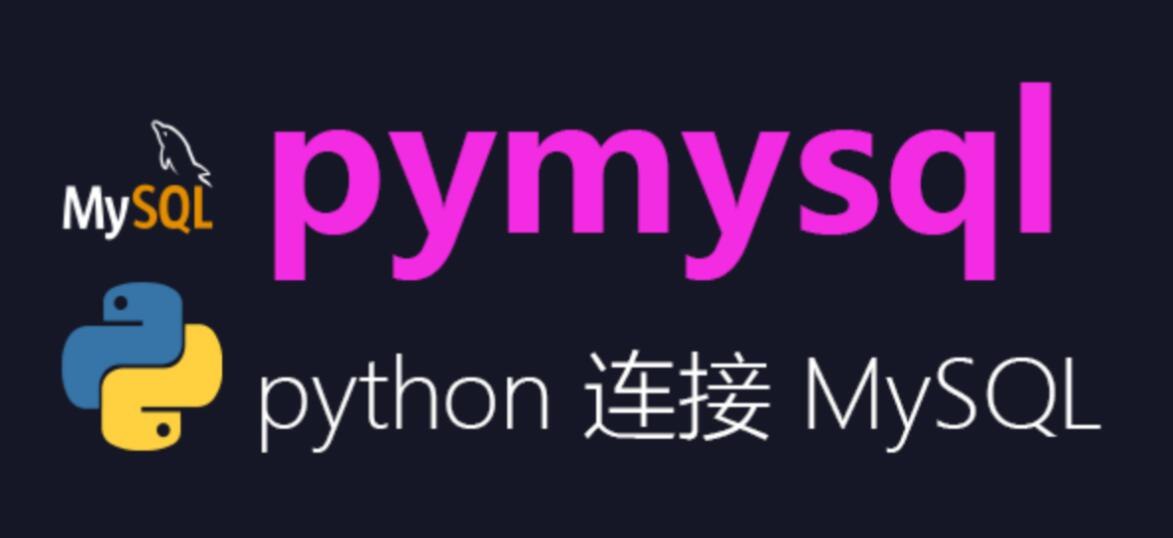PyMySQL is a pure Python implementation of a MySQL client library designed for connecting to MySQL databases and executing SQL operations. It is compatible with Python 3.x and does not depend on the MySQL C library, making it convenient to use in many environments, especially those lacking support for the MySQL C library. This article will introduce the basic functionalities of the PyMySQL module and highlight its advantages over other common MySQL modules, such as MySQLdb.

1. Introduction to the PyMySQL Module
PyMySQL provides all the necessary functionality to interact with MySQL databases, including:
- Support for MySQL connections, queries, and transaction management.
- Capability to execute various SQL operations such as SELECT, INSERT, UPDATE, and DELETE.
- Advanced functionalities like connection pooling and stored procedure calls.
- Good compatibility with MySQL databases, handling MySQL versions 8.x and below effectively.
Installing PyMySQL
Installing PyMySQL is very straightforward and can be done using Python’s package manager pip:
|
|
Basic Usage Example
|
|
2. Advantages of PyMySQL Compared to Other Modules
Comparison with MySQLdb
MySQLdb is one of the earliest MySQL client libraries available for Python, widely used in early Python MySQL projects. However, it has some limitations:
- Requires compilation and installation of C extensions: Installing
MySQLdbcan be cumbersome for environments without a C compiler. - Poor compatibility: It only supports Python 2.x or certain versions of Python 3.x, making it difficult to use in new projects.
In contrast, PyMySQL offers several advantages:
- Pure Python implementation: No need to compile C extensions, which makes it easier to use across platforms, especially in environments lacking a C compiler.
- Compatibility with Python 3.x: Supporting Python 3.x is a significant feature of
PyMySQL, whileMySQLdbmay not function correctly in some versions of Python 3. - Easy installation: It can be installed simply with
pip install pymysql, making it ideal for modern Python projects.
Comparison with MySQL Connector
MySQL Connector is the officially provided MySQL driver by Oracle, which supports both Python 3 and 2. However, it has the following drawbacks compared to PyMySQL:
- Dependency on C libraries: While it may offer some performance advantages over
PyMySQL, its dependency on C libraries can complicate installation and deployment in some environments. - Larger installation package: The installation package for
MySQL Connectoris larger, which can add difficulty during deployment. - Performance differences: Although
MySQL Connectorgenerally performs well,PyMySQLmeets the requirements for most applications and offers greater ease of use.
Conclusion
PyMySQL is a lightweight, easy-to-install, and highly compatible MySQL client library. It is suitable for Python applications that require rapid development and deployment, particularly in environments without C extension support, providing an excellent solution.
